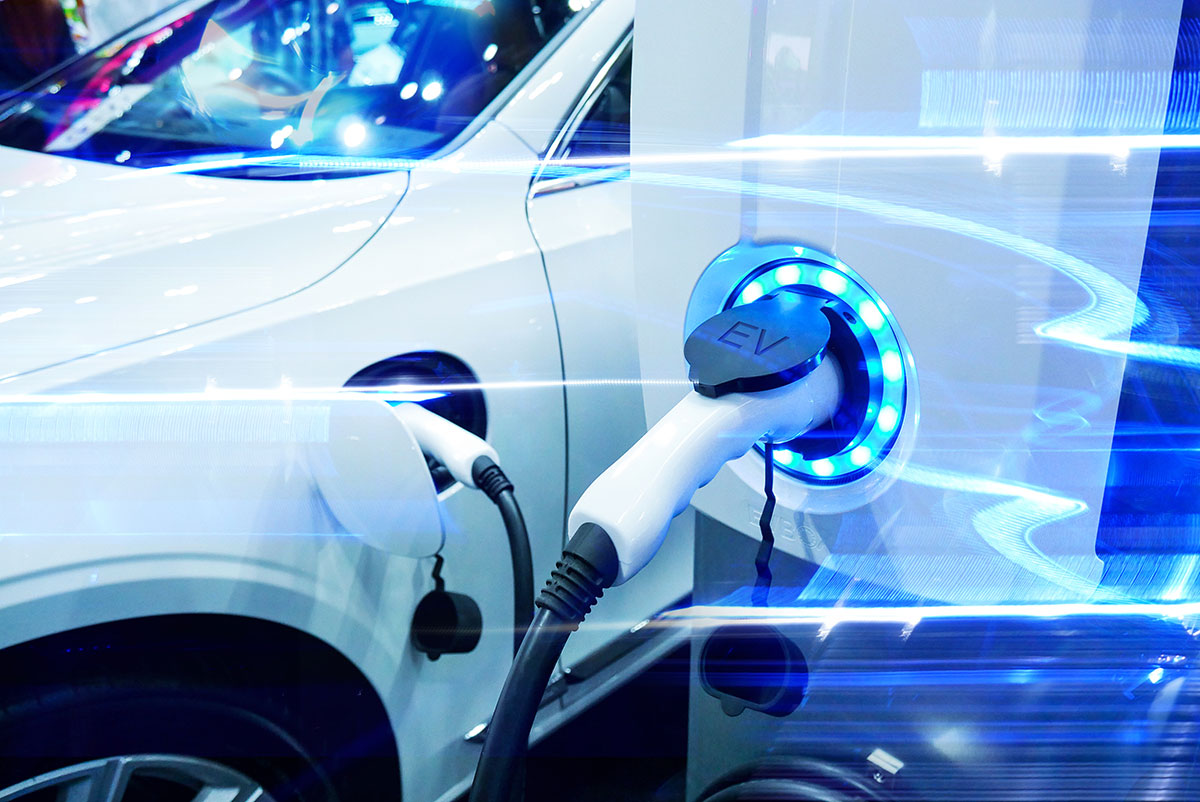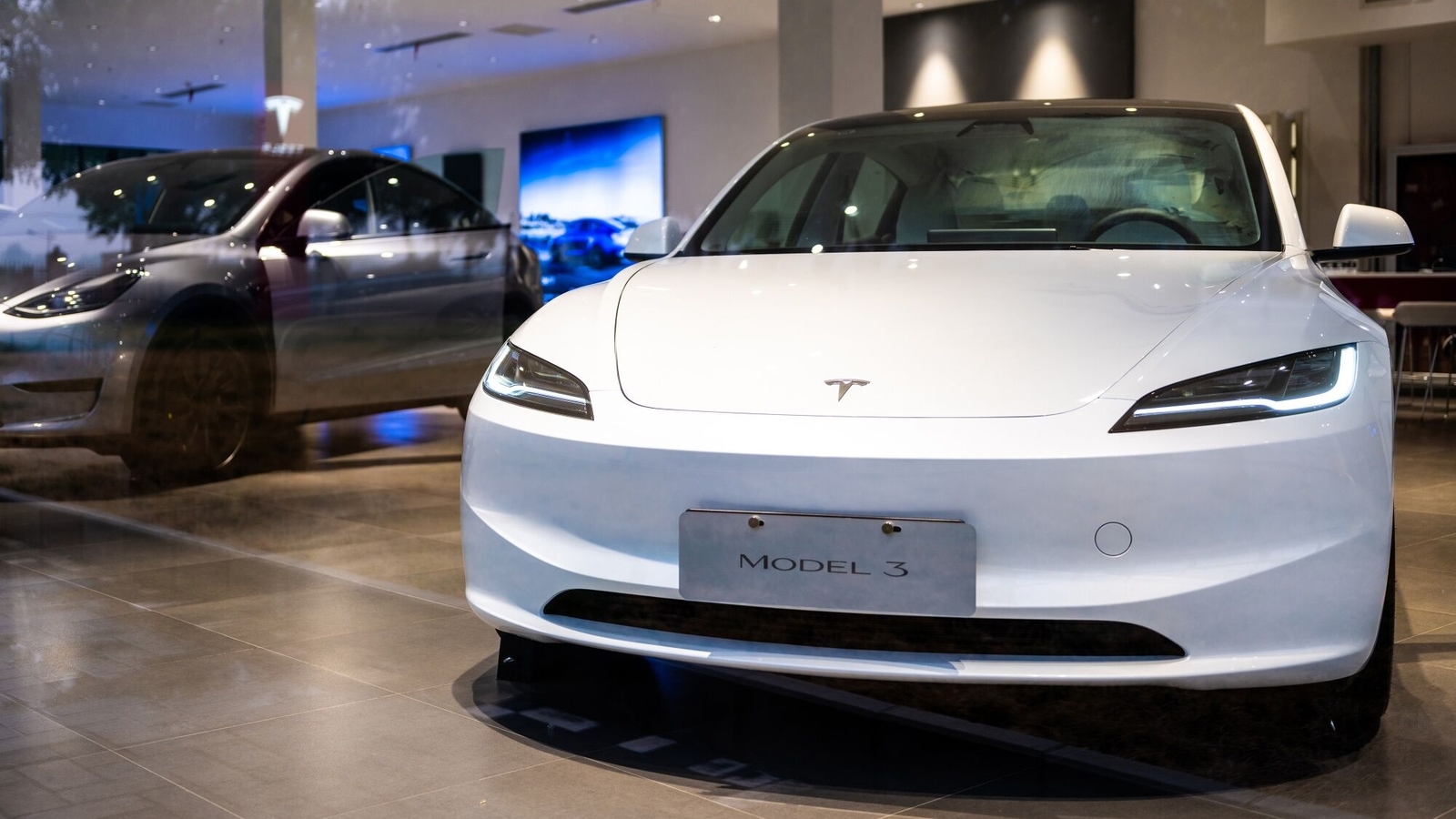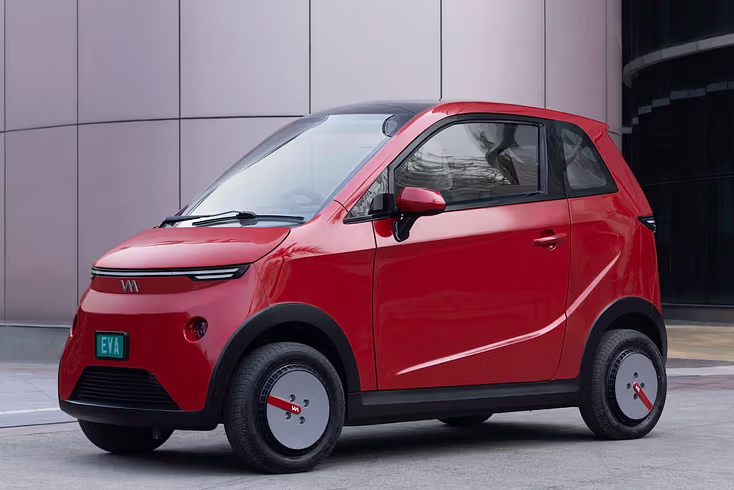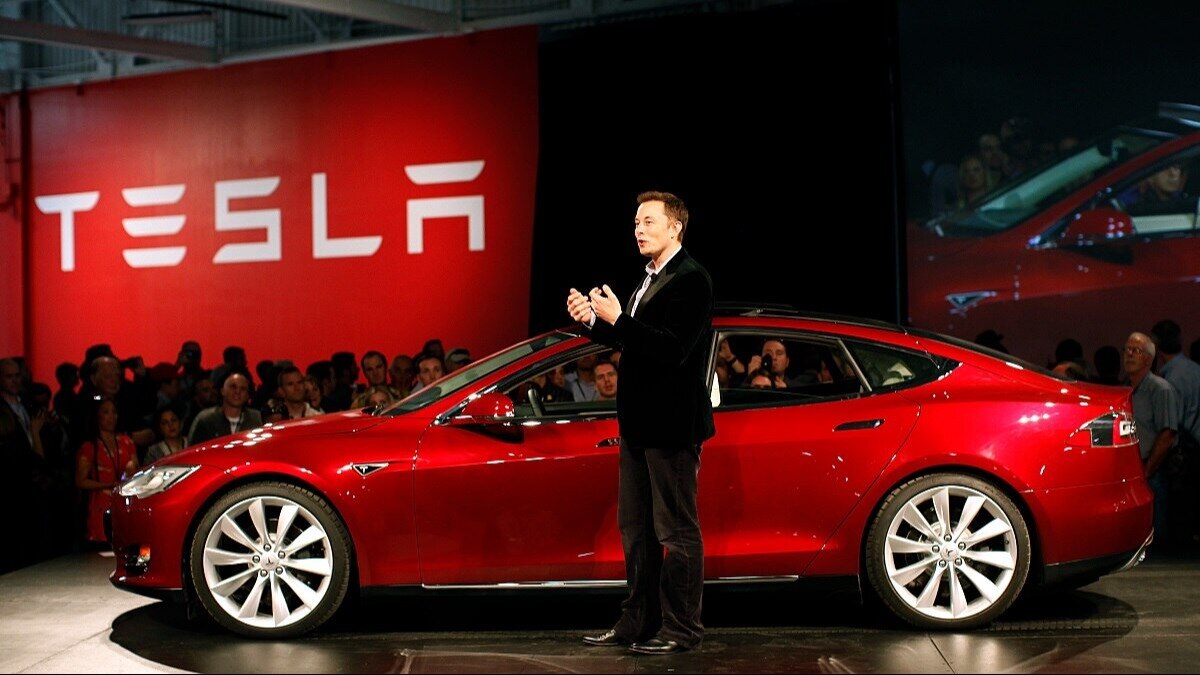Introduction
The automotive industry is undergoing a massive transformation, with electric vehicles (EVs) leading the charge. As sustainability and innovation become top priorities, electric cars are quickly replacing traditional gasoline-powered vehicles. With advancements in battery technology, charging infrastructure, and government incentives, the future of EVs looks brighter than ever. This article explores how electric vehicles are shaping the future of mobility and why they are set to dominate the roads.
The Rise of Electric Vehicles
The demand for electric cars has skyrocketed over the past decade, driven by increasing awareness of climate change and the need for sustainable transportation. Several factors contribute to this rise:
- Environmental Benefits: EVs produce zero emissions, reducing air pollution and carbon footprints.
- Government Policies: Many countries offer tax incentives, rebates, and subsidies to encourage electric vehicle adoption.
- Lower Operating Costs: With fewer moving parts and no need for gasoline, EVs are cheaper to maintain and run.
- Advancements in Battery Technology: Modern lithium-ion batteries provide longer ranges and faster charging times.
Breakthroughs in EV Battery Technology
One of the most significant challenges for electric vehicles has been battery performance. However, recent breakthroughs have made EV batteries more efficient, longer-lasting, and cost-effective:
- Solid-State Batteries: These offer higher energy density and safety compared to traditional lithium-ion batteries.
- Faster Charging Technology: Ultra-fast chargers can now recharge an EV to 80% in under 20 minutes.
- Extended Battery Life: New chemical compositions reduce battery degradation, increasing longevity.
Expanding Charging Infrastructure
A robust charging infrastructure is essential for mass EV adoption. Governments and private companies are investing heavily in expanding charging networks worldwide:
- Fast-Charging Stations: High-speed chargers along highways make long-distance travel more convenient.
- Home Charging Solutions: Smart home chargers allow EV owners to charge overnight at lower electricity rates.
- Wireless Charging: Inductive charging technology enables wireless power transfer for more convenient charging solutions.
Autonomous and Smart EV Technology
The future of electric cars goes beyond just being emission-free; they are becoming smarter and more autonomous:
- Self-Driving Capabilities: Many EV manufacturers are integrating AI-driven autonomous driving features.
- Connected Vehicles: Smart EVs can communicate with traffic systems, reducing congestion and improving safety.
- Over-the-Air Updates: Software updates can enhance performance and introduce new features without requiring a visit to the dealership.
EV Adoption Challenges and Solutions
Despite the rapid growth of electric vehicles, challenges remain. However, innovative solutions are being developed:
- Range Anxiety: Many fear running out of battery on long trips. Solution: Improved battery range and expanding charging infrastructure.
- High Initial Cost: Some EVs are still expensive. Solution: Falling battery costs and government incentives.
- Limited Model Availability: Traditional automakers are now offering more EV models, from SUVs to luxury sedans.
Leading Automakers Driving EV Innovation
Several automakers are at the forefront of the EV revolution:
- Tesla: Known for its advanced battery tech, autopilot features, and extensive Supercharger network.
- Rivian: Gaining attention for its electric trucks and SUVs.
- Ford: Expanding its EV lineup with models like the Mustang Mach-E and F-150 Lightning.
- Volkswagen: Committed to an all-electric future with its ID series.
The Future Outlook for Electric Vehicles
By 2030, electric cars are expected to make up a significant portion of global auto sales. Several trends indicate a promising future:
- Declining Battery Costs: As technology improves, EVs will become more affordable.
- Government Mandates: Many nations plan to ban gasoline cars in favor of electric vehicles.
- Sustainable Energy Integration: Solar and wind energy will power EVs, further reducing environmental impact.
Conclusion
The future of electric vehicles is here, and it is revolutionizing the auto industry. With cutting-edge technology, expanded infrastructure, and growing consumer demand, EVs are set to become the dominant mode of transportation. Whether you’re an early adopter or still considering the switch, one thing is certain: electric cars are paving the way for a cleaner, smarter, and more sustainable future.



